
What is gingivitis?
As the name suggests, gingivitis is the inflammation of the gingiva; that is, your gums. It is a non-destructive mild form periodontal disease that affects your gums and can lead to swollen, tender and fiery red gums.
There are two main types of gingivitis
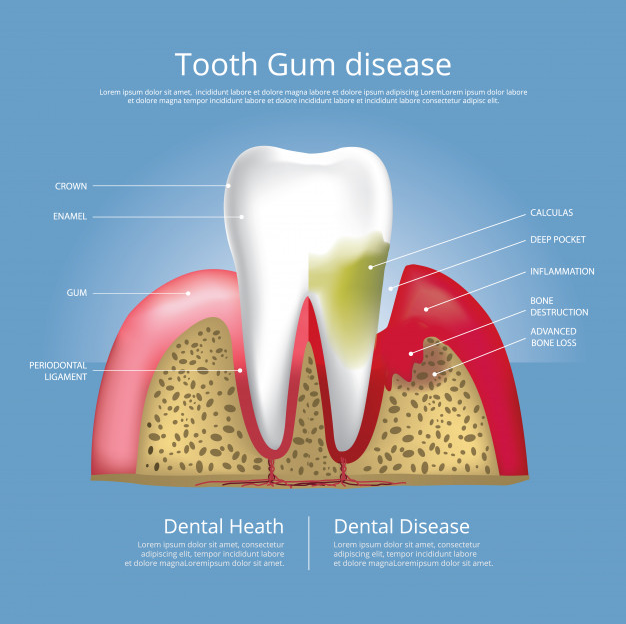
Plaque-induced
This type of gingivitis is caused because of plaque accumulation. When you do not maintain proper oral hygiene, or your brushing and flossing habits are inaccurate, it leads to the accumulation of plaque around your tooth and your gum line. This plaque is the source of disease-causing bacteria. These disease-causing bacteria release toxic substance and generate an inflammatory response, leading to swelling of the gums, causing gum disease.

Non-plaque induced
Sometimes, certain medical conditions can also lead to gum issues with or without the presence of plaque. Most pregnant women experience swollen gums, and this is known as pregnancy gingivitis. Certain types of cancers, such as leukaemia, can also lead to swollen gums. Allergies and medications are also implicated as a causative factor of gingivitis. Studies have also shown that there may be a genetic predisposition.
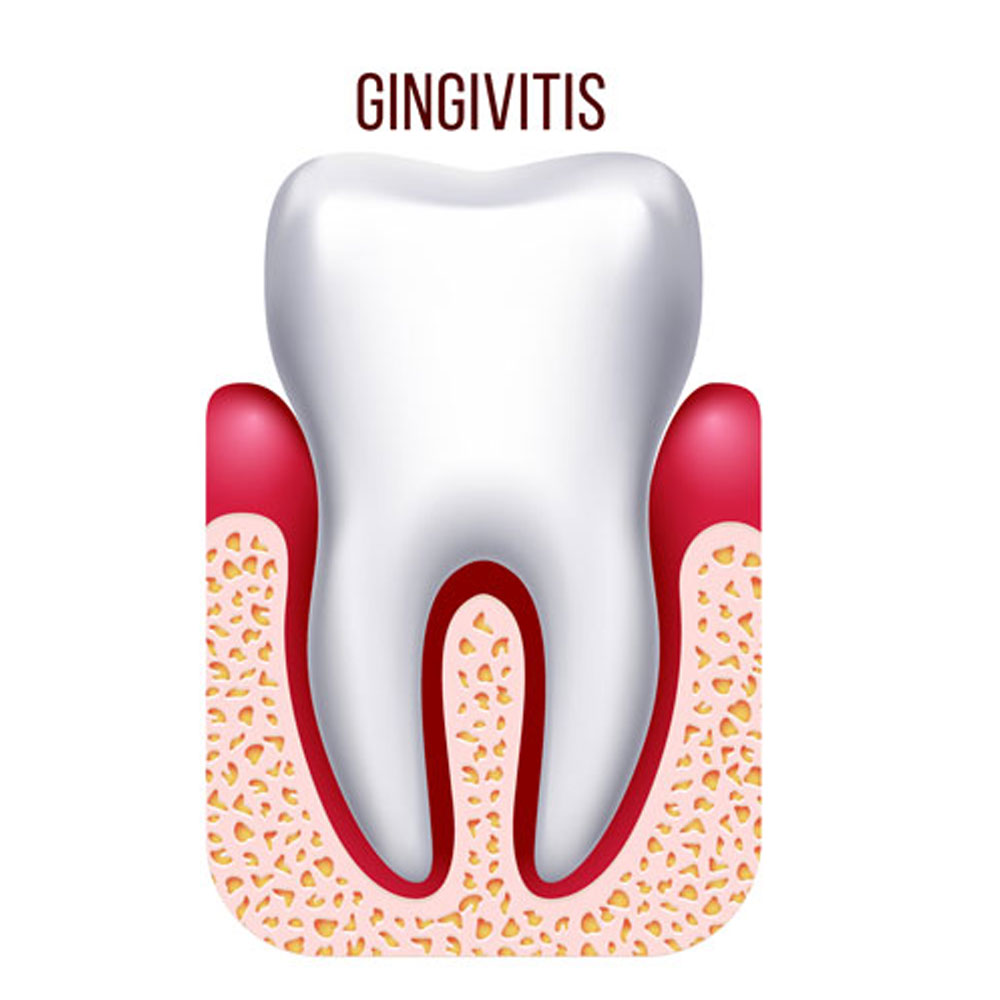
Symptoms
In mild cases, you may not experience any discomfort at all, and there may not be any significant changes to your gum health. However, in more pronounced cases, specific symptoms necessitate a visit to our dental clinic in London and consulting our dentists. Some of the possible signs and symptoms of gingivitis are:
- Bright red gums.
- Swollen and inflamed gums.
- Tender gums that may be painful to touch making activities like brushing or eating exceptionally painful.
- You may notice bleeding from the gums when you brush, floss or bite down on foods like an apple, for example.
- Gums may start to recede.
- Gums may swell so much that they cover a significant portion of tooth structure.
- Soft and friable gums.
- Bad breath, also known as halitosis.
If you are experiencing any of the above symptoms, or have any pain in your gums, schedule an appointment with our excellent periodontist to get it treated.
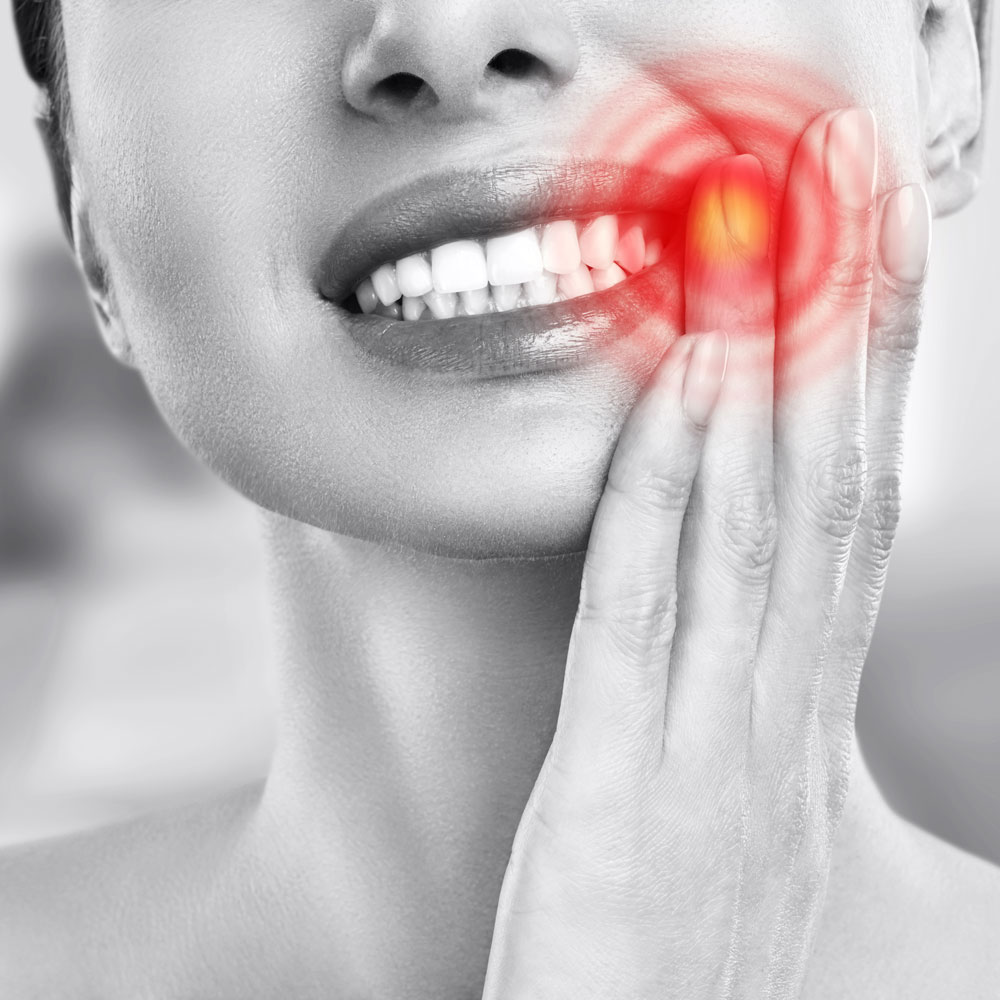
Risk factors
- Hormonal changes occur during puberty, menopause and pregnancy. Hormonal changes make the gums more sensitive and susceptible to inflammation.
- Cancer
- Diabetes
- HIV
- Medications like anticonvulsants, blood thinner, and antidepressants.
- Smoking and consumption of tobacco products.
- The risk of gingivitis increases with age.
- Poor nutrition.
- Vitamin C deficiency.
- Genetics
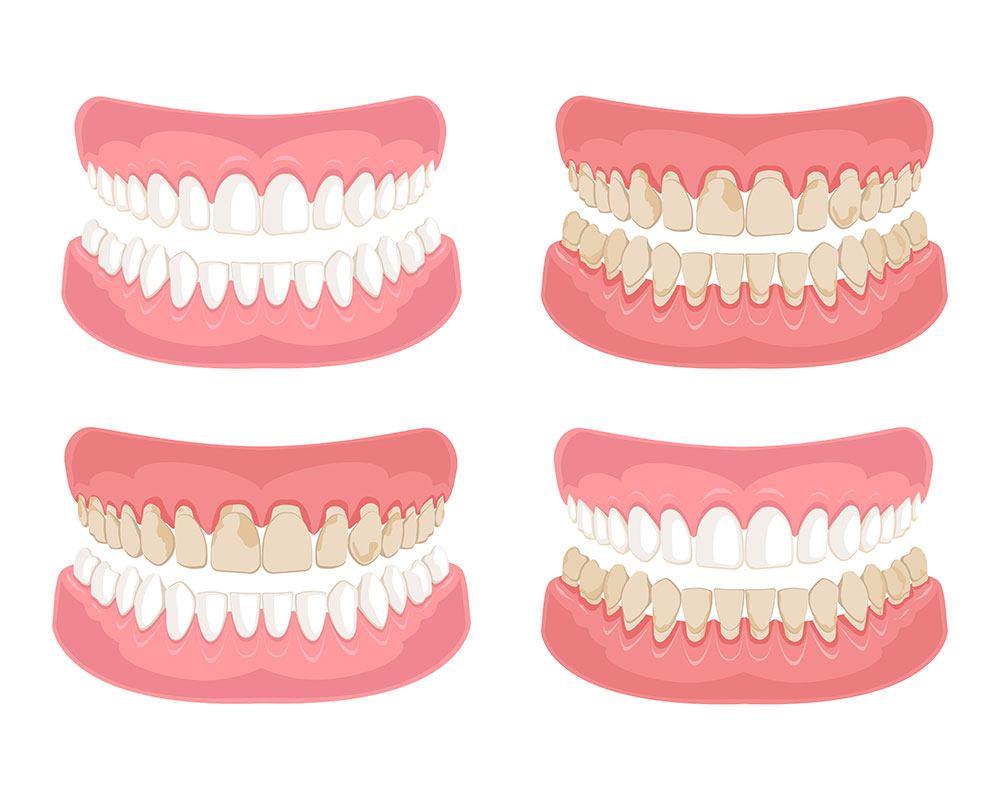
Complications and progression
Gingivitis is a mild form of periodontal disorder that a dentist can easily treat, and by maintaining proper oral hygiene you may never experience any issue again. The bacterial laden plaque which causes gingivitis sticks to the tooth surface and gums. Suppose this bacterial laden plaque is not removed, the bacteria continue to release their toxic substances and the initial mild lesion of gingivitis progress to its severe form that is periodontitis. Periodontitis is a severe destructive form of periodontal disease that destroys the jawbone as well. The jaw bone supports the teeth and keeps them firmly in its place. Once the jawbone is destroyed, the teeth lose their support and start to loosen. Slowly, you will end up losing all your teeth. The plaque can also cause dental cavities.

Other than this, untreated gingivitis can also cause infective diseases of the soft tissue of the mouth. The bacteria from the plaque can even enter your bloodstream and cause infections of the heart, respiratory tract and gastrointestinal tract, which leads to a generalised systemic disease severely compromising your health. It is because of these reasons that we must take gingivitis seriously and get it treated as soon as possible to prevent any untoward complications.
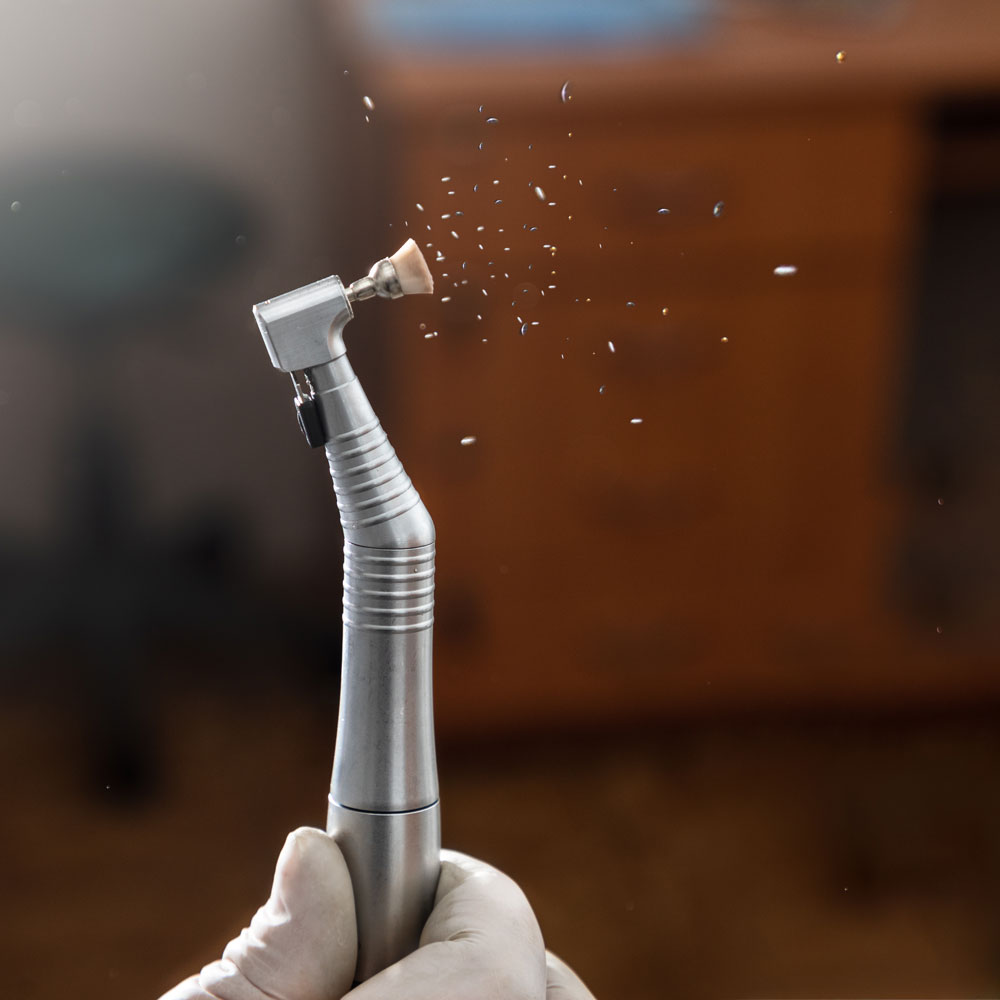
Treatment of gingivitis
When you visit our clinic in London for your dental check-up, our board-certified dentist will examine your oral cavity and take a comprehensive personal and medical history to determine the cause of gingivitis. Once our dentist has concluded that the reason for gingivitis in your case is, they will advise you to go for complete mouth prophylaxis, which includes deep scaling and root planning. Apart from this, they might prescribe you specific antibiotics to fight the infection and give you a medicated mouthwash for a few weeks.
If the cause of gingivitis is an underlying medical condition, they will do thorough prophylaxis and refer you to the concerned physician for further evaluation and treatment of the medical condition. In some cases, surgical intervention may be necessary to remove the excess swelling.

Prevention
The best way to prevent gingivitis is to maintain proper oral hygiene. Your daily oral hygiene should include brushing twice a day and flossing regularly to avoid plaque build-up. Eating a well-balanced diet and limiting the intake of sugary foods and liquids is also vital in preventing gingivitis. Avoid smoking or consuming tobacco products to maintain the health of your gums. Overall, health and dental health go hand in hand; therefore, it’s essential to take care of your body as well.
If you are determined to not be at a higher risk of suffering from gingivitis, scheduling a regular visit with a dentist or a dental hygienist for teeth cleaning is also advisable.
